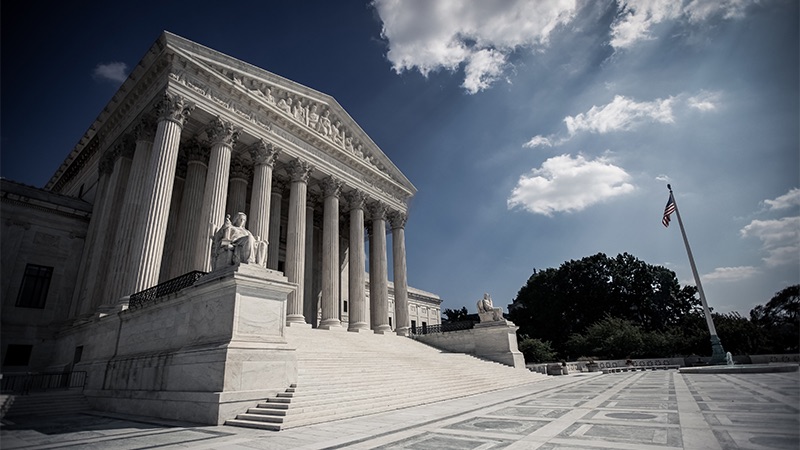Did you see the article in today’s New York Times exposing how many of the nation’s leading Darwinists are atheists, agnostics, or members of left-leaning religious bodies? Did you notice how the Times pointed out that such irreligious worldviews draw suspicion to the scholarship of these thinkers?
Of course you didn’t. No such article appeared. But the Times did publish an article pointing out how many signers of a recent petition calling for debate over Darwinian naturalism are members of evangelical churches. Science reporter Kenneth Chang writes:
The petition, they say, is proof that scientific doubt over evolution persists. But random interviews with 20 people who signed the petition and a review of the public statements of more than a dozen others suggest that many are evangelical Christians, whose doubts about evolution grew out of their religious beliefs.
Part of this is, I think, our own fault. Too many ID proponents who are conservative Christians try so hard to play on the neutral ground of scientific inquiry that they come across as disingenous. Before we knew about irreducible complexity, we knew about Genesis 1 and John 1 and Colossians 1, and so forth. This is nothing new.
Of course most scientists who reject Darwinism these days are conservative Christians who hold to divine revelation about human and cosmic origins. Who else is willing to risk mother and father and houses and lands for the sake of questioning Darwinian dogma?
The problem with the Times article is not that it explores the theological and metaphysical presuppositions of Darwin doubters. These presuppositions are relevant, and should be on the table. They don’t invalidate a scholar’s research, but instead make sense of the motives behind it.
The problem instead is that the Times doesn’t explore the equally theological and metaphysical presuppositions of the parties decrying creationism and Intelligent Design. Now that would make for an interesting article, and the beginnings of an honest and perhaps fruitful discussion.






